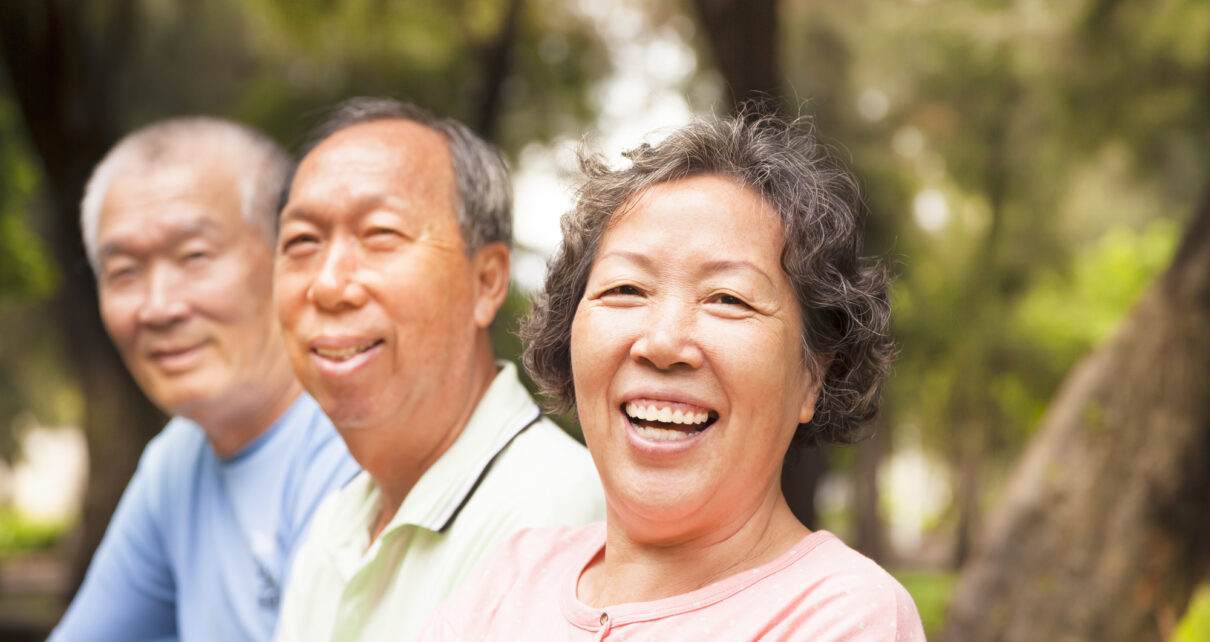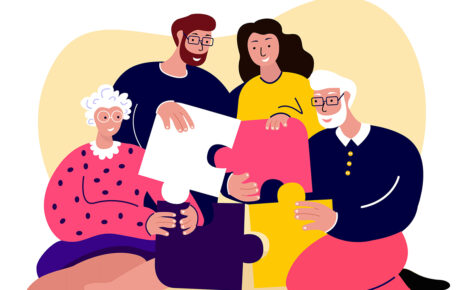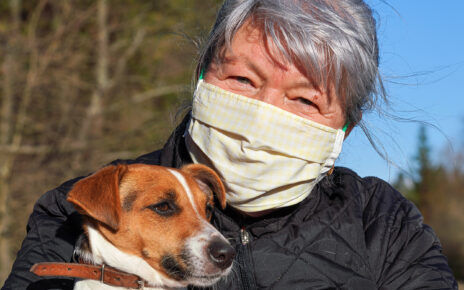By Brandon Masashige Leong, Director of Development & Communications, Keiro
The COVID-19 pandemic has brought significant changes to our daily lives. This new normal, with various lockdowns and restrictions, has also increased the psychological burdens of so many individuals. However, the struggles people are facing have ultimately increased awareness of the importance of good mental health and the need for mental health support. According to an AARP report, in a recent survey of older adults aged 50 to 80, most rated their mental health during the COVID-19 pandemic as excellent, very good, or good. But despite their good self-rated health, more than half of respondents also said they were feeling anxious about things and/or had difficulty falling or staying asleep.
Right before the turn of the pandemic, Keiro, a Los Angeles-based nonprofit organization serving Japanese and Japanese American older adults and their caregivers in Southern California, partnered with Little Tokyo Service Center, a Japanese American nonprofit organization providing an array of social welfare and community development services, to find ways to serve those who are most vulnerable in the community. One of the key programs they agreed to put effort into was mental health support, especially for low-income older adults. This program saw a growing number of people seeking mental health support services during the pandemic. One client, Kaede, sought out help when she realized how it was affecting her mental health.
Living in the United States for more than 40 years, Kaede has a variety of hobbies, many friends from different social circles, and until recently has lived a very engaging lifestyle. Going out and being social were such important parts of her life, so the pandemic hit her very hard. Her hobbies, projects, and trips were suddenly cancelled, with only feelings of anxiety to replace them. The feeling of not knowing what the pandemic would bring caused her to begin having symptoms commonly associated with panic disorder. As her symptoms worsened, she was unable to sleep and found herself waking her husband up in the middle of the night. She became afraid of leaving the house and incapable of attending regular health checkups.
Kaede’s doctor introduced her to a Japanese-speaking psychiatrist, who recommended counseling alongside medical treatment. Kaede’s husband researched options and decided to contact LTSC’s counseling service. “It seemed like a good option because I didn’t want to be too reliant on medication,” said Kaede, “and I could talk freely in Japanese.”
Kaede began her counseling sessions virtually once a week with her therapist, Yuka Kato. She was also prescribed a low dose of psychiatric medication and her symptoms gradually subsided. “We started by having Kaede talk about what was making her anxious, like COVID-19, vaccines, and friendships,” explained Yuka. “Then we moved on, taking time to talk about various things such as calming and relaxation techniques.”
Yuka added that through counseling, she helps clients identify techniques and tips that they can do by themselves to support their mental health. “All I did was support Kaede to find things that she could do on her own, so she can use her existing resources effectively. Kaede has many friends and she’s naturally a strong person. So, we worked to help her to remember and bring out what she has in herself during those times when she wasn’t at her fullest.”
Reflecting on her experiences, Kaede was hesitant at first to seek help. “I didn’t want to be thought of as this crazy person. I hated the idea of being labelled as having a mental illness,” she explained. “But I knew that I was falling apart, and I was scared. I couldn’t sleep at night, I was crying out, I was causing problems for those around me. I couldn’t eat and lost 20 pounds.”
Kaede shared that mental health is critical. “[Thanks to counseling,] I now feel like I have enough strength to think positively, and to be able to shift my feelings towards gratitude. I hope I’ll be able to continue to maintain my mental health in this way.”
She also talked about the benefits of face-to-face counseling. “I know there’s a lot [of content and resources] on YouTube but you can’t have an honest conversation [with a video]. With Yuka, I can directly talk to her, and she directly addresses my personal concerns. That’s completely different. With a counseling professional, you know they have knowledge, you feel relieved, and you can get advice. Not only that, they work with you to find solutions, they’ll introduce techniques, or tell you about local Japanese resources available. They work closely with you, and that’s what makes me happiest.”
Kaede added at the end, “You won’t know what it’s like until it happens to you. I feel like you only understand if you’ve gone through it. Feeling down, being unable to sleep… So, if there’s someone around me experiencing this, I would absolutely encourage them to seek counseling. Because the best first step you can take is to try talking about it.”
Founded in 1961, Keiro improves the quality of life for older adults and their caregivers in the Japanese American communities of Los Angeles, Orange, and Ventura counties. For more information, visit keiro.org
Reference: AARP (June 2021): COVID and Mental Health: A look at how older adults are managing the emotional impact of the pandemic




